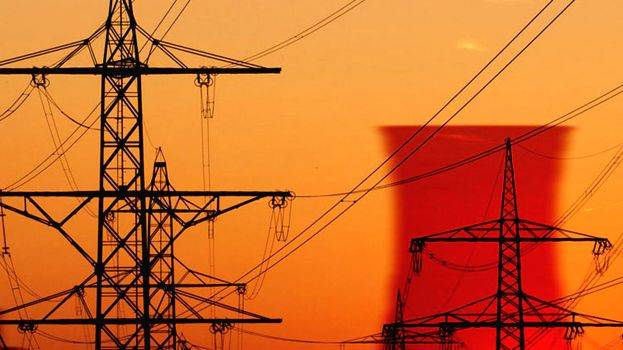

The policy approach from time to time has been to increase the electricity charge to tide over financial losses. In the deluge that happened four months ago, the loss of the State was officially estimated to be Rs 31000 crore.
Personal losses were not included in this. There are many families which lost everything in the floods. In the same way there are many people who lost their livelihood to floods. When people are struggling to rebuild their life, the dharma of any government should be to render maximum help to the people.
The Central government has granted financial aid modestly while the State is collecting money through as many sources as possible for rebuilding Kerala. The life of people will return to normal only if this mission of collecting fund succeeds at least to some extent.
On the other hand, when flood affected people are struggling to make their both ends meet, it is doubtful whether the decision of the State government to rise the charges for its services is practical or not.
The hike in the fares of hired vehicles and bus charges had already come into existence in the name of petrol price hike. Now what is heard is about power tarff hike.
KSEB is similar to KSRTC; similar in the sense that both are institutions that won’t be able to overcome their losses, howsoever they hike the tariff. Every two years after a hike, the KSEB comes up with reports of its losses. Each time, the reason for the loss will be different.
The loss, according to the KSEB, will be on account of buying electricity from outside the State, drop in in-house production of electricity or additional expenses needed to pay up the salary hikes of employees. In the end of the debate and arguments, the Regulatory Commission will give the permission to increase the electricity charges.
This time the loss pointed out is on account of the floods. The assessment is that the board lost Rs 850 crore due to flood; this loss along with other losses has been calculated to be Rs 1100 crore.
However, this time there are hints that the move is to pass the financial burden on to ordinary domestic consumers.
37 per cent hike has been recommended, according to reports. If this is true it will be a shock to many families, literally. In that case, a middle class family that uses 225 unit of electricity every month will have to pay Rs 500 more. But, those who use more electricity may need to pay only less. For example, those who use 500 unit may need to pay only 13 per cent of the existing charges as extra.
Similarly, big companies that use big amount of electricity may also get some concessions. What is not understood is the logic that ordinary consumers should bear this overburden. The board expects 8.5 pc additional income. It would have been justifiable if board would gain financially from it.
The KSEB has been doing nothing to set right its faltering administration or collect dues to the tune of crores of rupees from defaulting consumers.
What is happening finally is the hike in electricity charges every third year. Though the electricity bill amount has increased ten times, the quality of service has not improved in that proportion.
Now, it is almost sure that the electricity fare will go up without delay and what consumers demand is that the hike should be logical.